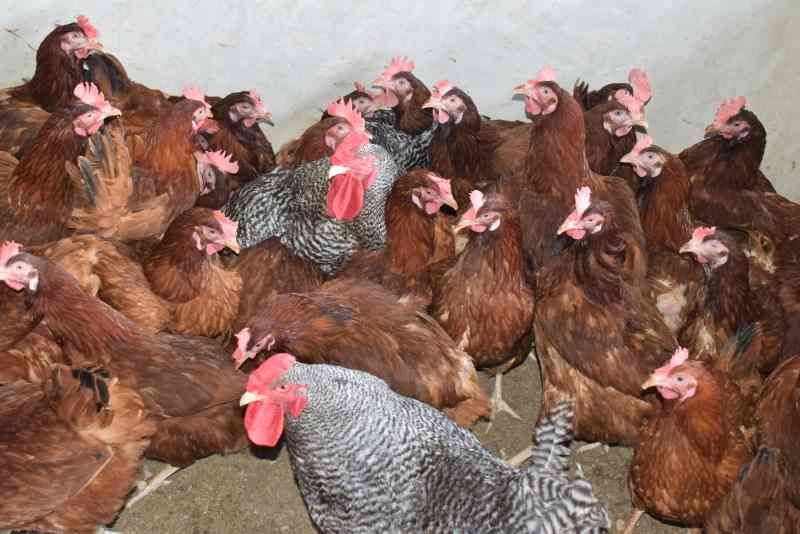×
The Standard e-Paper
Fearless, Trusted News

Michael Opumbi, a poultry Technician feeds improved chicken at KALRO, Kakamega. [Mumo Munuve, Standard]
Agribusiness is still the most promising venture for Kenya's youthful population, with poultry farming globally remaining the major source of cheap protein to feed the ever-growing population.